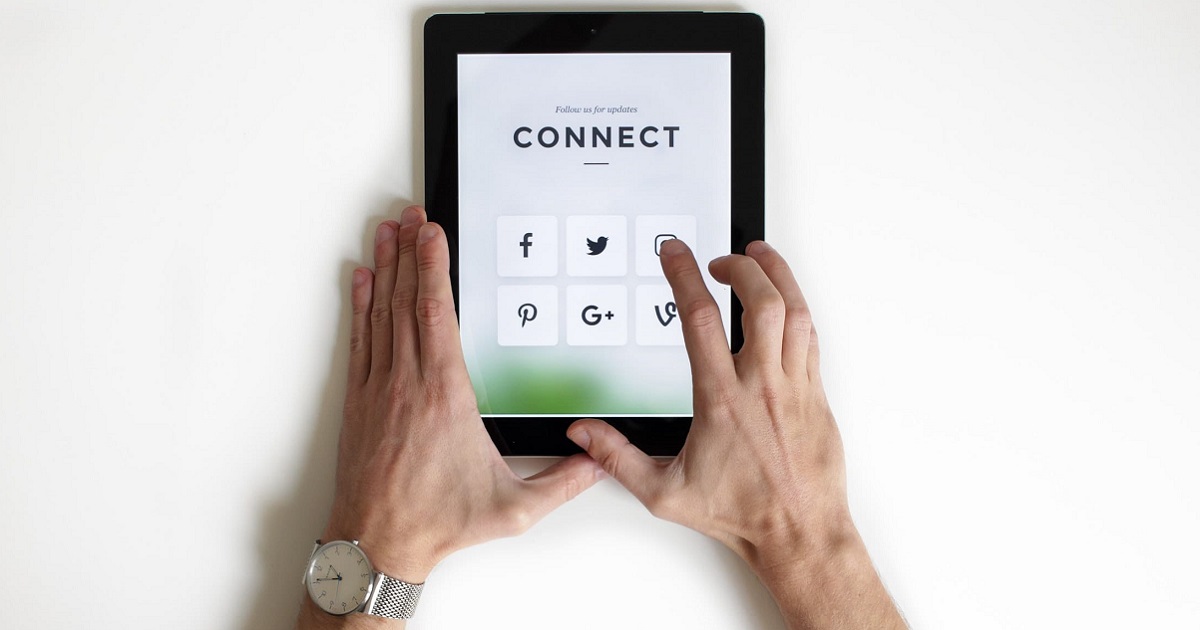Digitally Strong, Growing Fast
This is the summary of the second edition of WIEF Idealab 2020 Series, which was a virtual workshop that took place on 15 July. The 90-minute workshop focused on Taking Your Business Online: Starting Strong, Growing Fast and was led by trainer Mohd Yacoob Humayun.
Workshop trainer: WIEF Idealab 2020 Series workshop was led by Mohd Yacoob Hamayun. He is an e-commerce pioneer and a founding member of successful internet brands such as Lazada and Groupon. Together with a team, they’ve enabled more than 10,000 SMEs go online. Currently, he’s the director of client services ASEAN for Virtusa, a NASDAQ listed global digital-engineering leader. He holds a master’s degree in e-business management from International University of Japan and has led design thinking workshops and consulted companies for business development and marketing.
Workshop participants: There were 26 participants from 10 countries including Qatar, Belgium, United Kingdom, Bangladesh, Singapore and Indonesia. They were from varied backgrounds including young entrepreneurs and PhD candidates.
Yacoob’s five-step process to start and grow a business has been applied successfully by startup entrepreneurs as well as corporations:
1. the big why
2. funnels
3. promotion
4. targeted traffic
5. automate
The Big Why
Yacoob introduced the Business Model Canvas. It’s a one-pager where you list down ideas or whatever you’re working on – it could be a business, a side hustle, something you want to have as a thought leader and the like. ‘This one-pager can help you summarise the whole value proposition from customers to challenges, and how you can enable that,’ said Yacoob. ‘And how you can actually structure your business in a way that it’s productive as well as useful, and more importantly, how can you keep improvising it as you iterate.’
Start with an exercise:
First question you want to ask yourself is: What do you love doing? What are your personal interests?
Second question: If friends were to ask you for advice, what would they ask about? Personal life problems, about your business or your skills?
Third question: What are you naturally good at? Some people are amazing when it comes to networking, presenting, speaking on any topic or have green fingers and could grow anything. While some are introverts who love reflecting, thinking and writing – maybe they even have a blog.
Fourth question: What unique experience have you had that could be of help to others? This could help you see the industry from multiple vantage points.
Fifth question: What are you knowledgeable about? Are you clear about your skills or your learned strengths? Maybe you’ve done the ACCA and could be a qualified accountant or auditor.
Sixth question: What do you want to learn or excites you? List down three things that not only excite you but you’d want to venture into.
Finally, whatever you’ve written down as responses to the six questions, arrange them into topics. Do you see a pattern that could be grouped together?
Funnels
Next, look at something external. For example, look at how you could fill a gap in the market. You could be bringing your skills to the table and how to match what you know, or skilled in, with what’s needed in the market. Ask yourself, how do I funnel this? How do I get people to know about my product or service? So, let’s build building blocks.
Promotion, Targeted Market and Automate
First building block: Email. You want to start building an email list because the conversion rates and the effectiveness of emails are still very high. It’s 40 times more effective than other channels. Also, you can continue to monetise bestselling personalised deals offered. The reach for emails is still at 78 per cent whereas if you look at Facebook, Twitter or other social media channels, only about one to two per cent. What that means is if 100 people have given you their emails, it’s more likely that around 70 per cent are bound to open the email you sent. Whereas, if you send out content to the fanbase on your Facebook, the reach beyond your fanbase is less than one per cent unless you pay to widen the reach.
Second building block: Blog or website. Have a blog or website of your own which becomes your house, so to speak. In the online world, this is your address. One fourth of online websites are blogs. Majority of them are consuming content through reading. Through a blog you can position yourself as someone who has insights and knowledge in the field of your expertise and you want to build that online. Only when you’ve built this can you actually monetise through ad affiliates. Don’t forget backlinks and SEO strategy or meta tagging your content. These are very important. Otherwise, no matter how much content you upload, it won’t be picked up by algorithms on search engines or social platforms.
Third building block: Search engine optimisation (SEO). Algorithm is critical. The first thing people do when they hear about you is do a search online. You want to be optimised for search engines. Sites that get the most amount of traffic is still Google at about 60.49 billion in 2019. Next is YouTube, followed by Facebook. An example is how videos are vital. YouTube is the second largest search engine in the world. Create a lot of video content, partly because when you watch a video you get hooked and they, namely Google, can push a lot more ads and, don’t forget, they own YouTube. More importantly, you’ll also get ranked number one on Google without having to pay for it, if you focus on video content and you optimise SEO. Facebook and Instagram are most suited for lifestyle products and services. While LinkedIn can actually have a very wide reach for businesses or B2B.
Remember, it’s not about selling. It’s about building relationships, building a tribe and community – at least, for a start. Eventually, you’ll be able to monetise all your ideas.
Browse through the second edition of WIEF Idealab 2020 Series programme here and download Yacoob’s presentation material here.
Main photo by NordWood Themes on Unsplash.





